If your child is taking a bit longer than expected to get through their bedwetting phase, you might be looking for some treatments and approaches to help you both get through. There are plenty of options available, from non-invasive products to more extreme medications. Find out the pros and cons of each treatment to see what one will work for you and your child.
BLADDER TRAINING
Bladder training is a popular and safe exercise that works to increase bladder capacity and control. It is not really a cure, but children have been able to get positive results with their capacity and control with a few easy exercises. But before you start, make sure you get the all clear from your doctor and ensure they haven’t got any medical conditions.
Exercises include getting your child to hold off going to the toilet for a few minutes, as well as learning to stop their urine mid-flow. For details on the different bladder training exercises and how to do them, visit the DryNites bladder training information page.
BEDWETTING ALARMS
Bedwetting Alarms are very popular products which sound an alert when urine is detected. They can be very effective because they condition your child to wake up to a full bladder. You child can then go to the bathroom to finish.
By alerting your child, it helps them learn to wake when they need to go toilet. As they get better at waking to go to the bathroom, it may help them with their confidence as well. Alarms have up to 70% success rates in school aged children when used for six to eight weeks.
MEDICATIONS
Bedwetting medications should only be considered when other treatments have failed, and at the recommendation of your doctor. It is generally used for children over 7 years old but can be used from the age of 5.
Desmopressin acetate is the most common bedwetting medication, which works by imitating the anti-diuretic hormone that reduces urine production at night.
Children may find medication effective for big events like sleepovers and camps, but it will not necessarily cure the bedwetting. Many children will continue to wet the bed after the medication is removed if you do not combine it with another form of treatment (such as bedwetting alarms). Around 30% of children find medication successful for curing bedwetting and slowly tapering off the dose rather than sudden withdrawal can increase the odds.
ENURESIS CLINICS
If none of the common treatments work at home, you might like to consider an enuresis clinic. The clinics are usually a last resort for children suffering distress. They have doctors, nurses and advisors that specialise in figuring out why your child is wetting the bed and treating the cause directly.
Most parents only turn to enuresis clinics when they have exhausted all other options and when their child is seven years or older. Some children may have a sleep disorder preventing them from staying dry at night, in which case a clinic is usually the best course of action and will get the best results.
RESOURCES
There are plenty of resources and products available to help you and your child through the bedwetting phase. A simple internet search will bring up plenty of options, and might be something your child would like to do if they are old enough to do their own research.
This article was written for Huggies DryNites. For more information visit www.drynites.co.nz

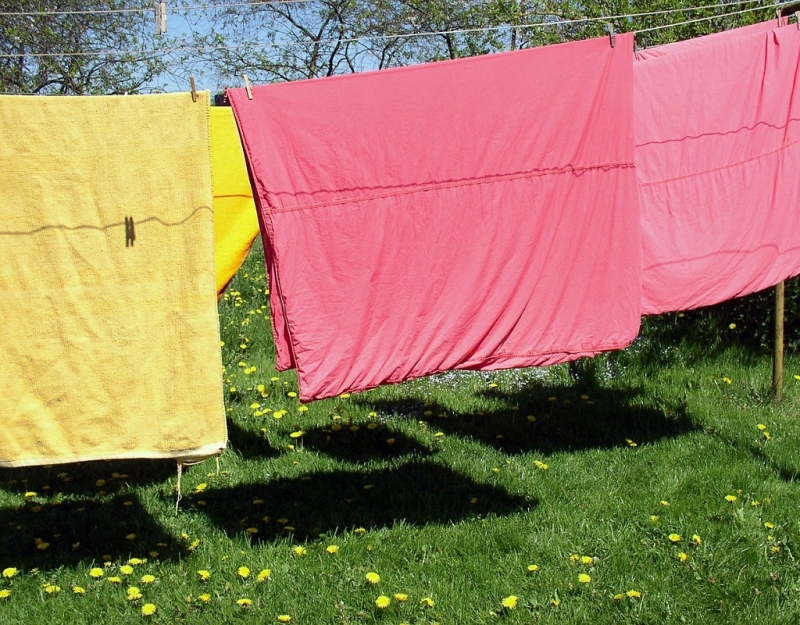

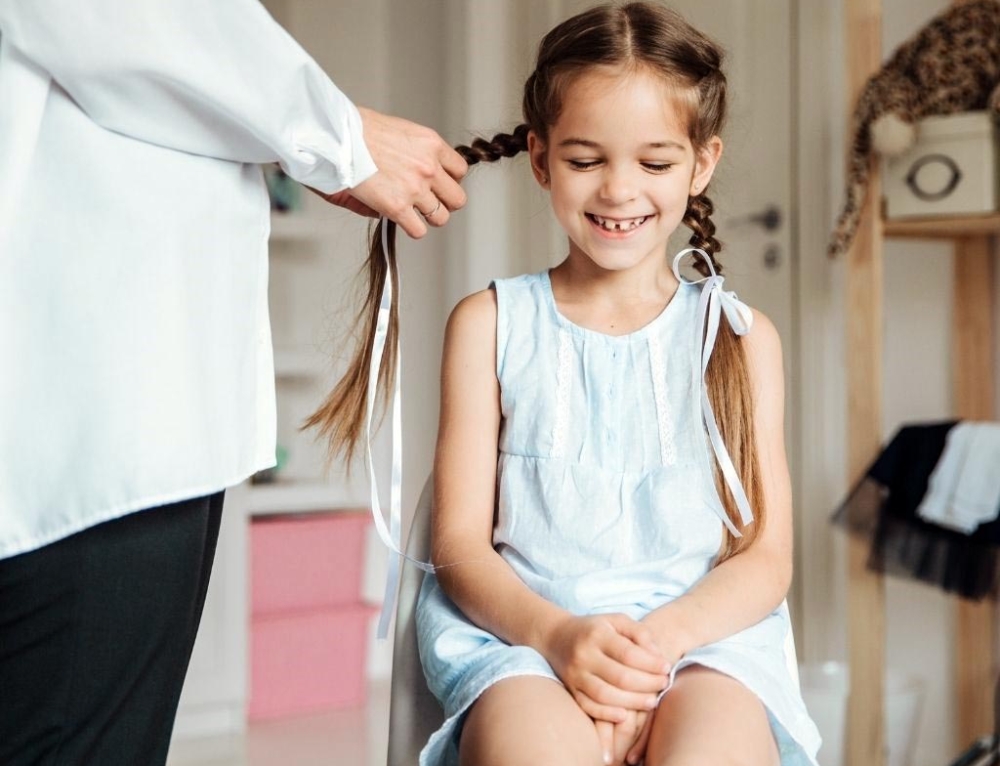
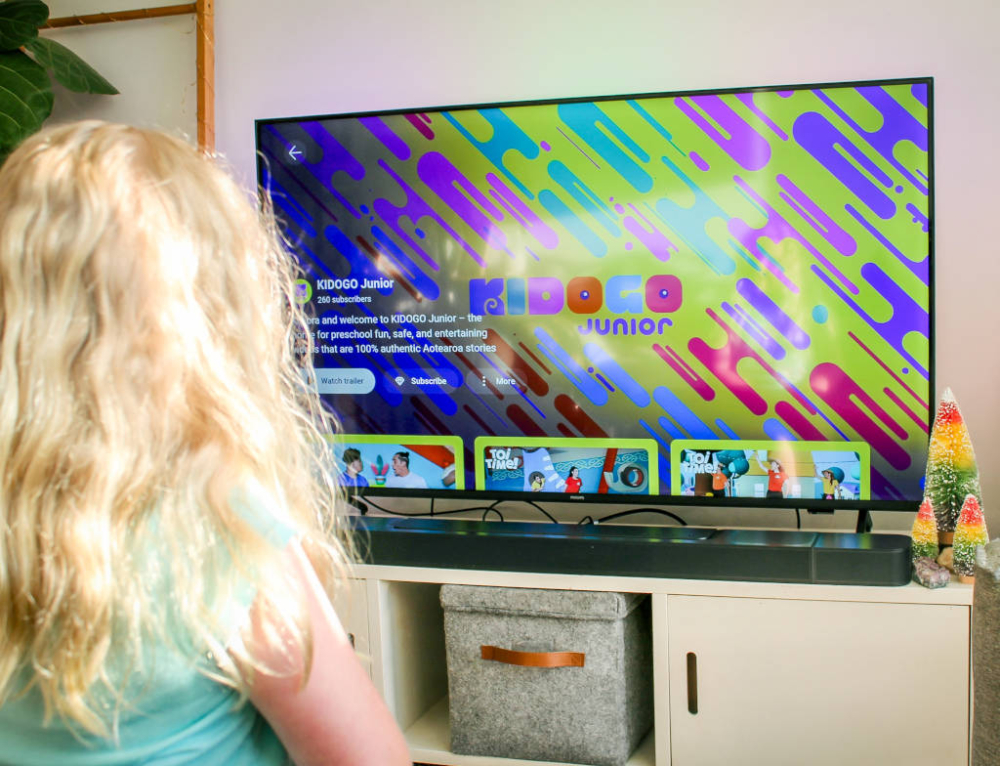
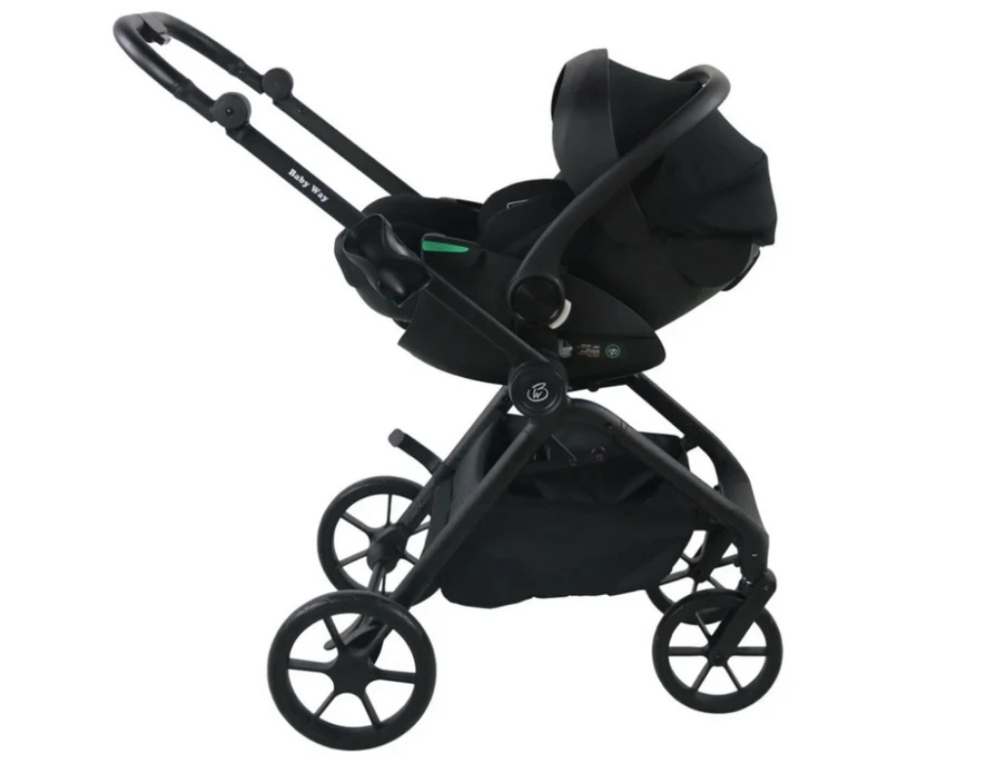
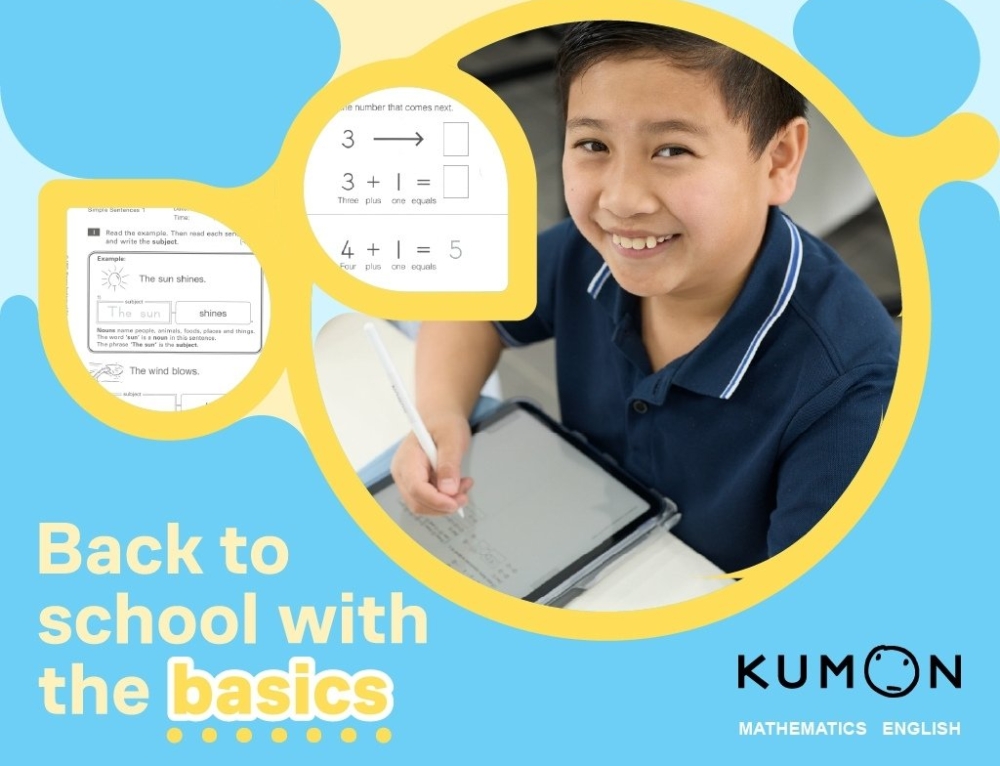
Leave A Comment
You must be logged in to post a comment.